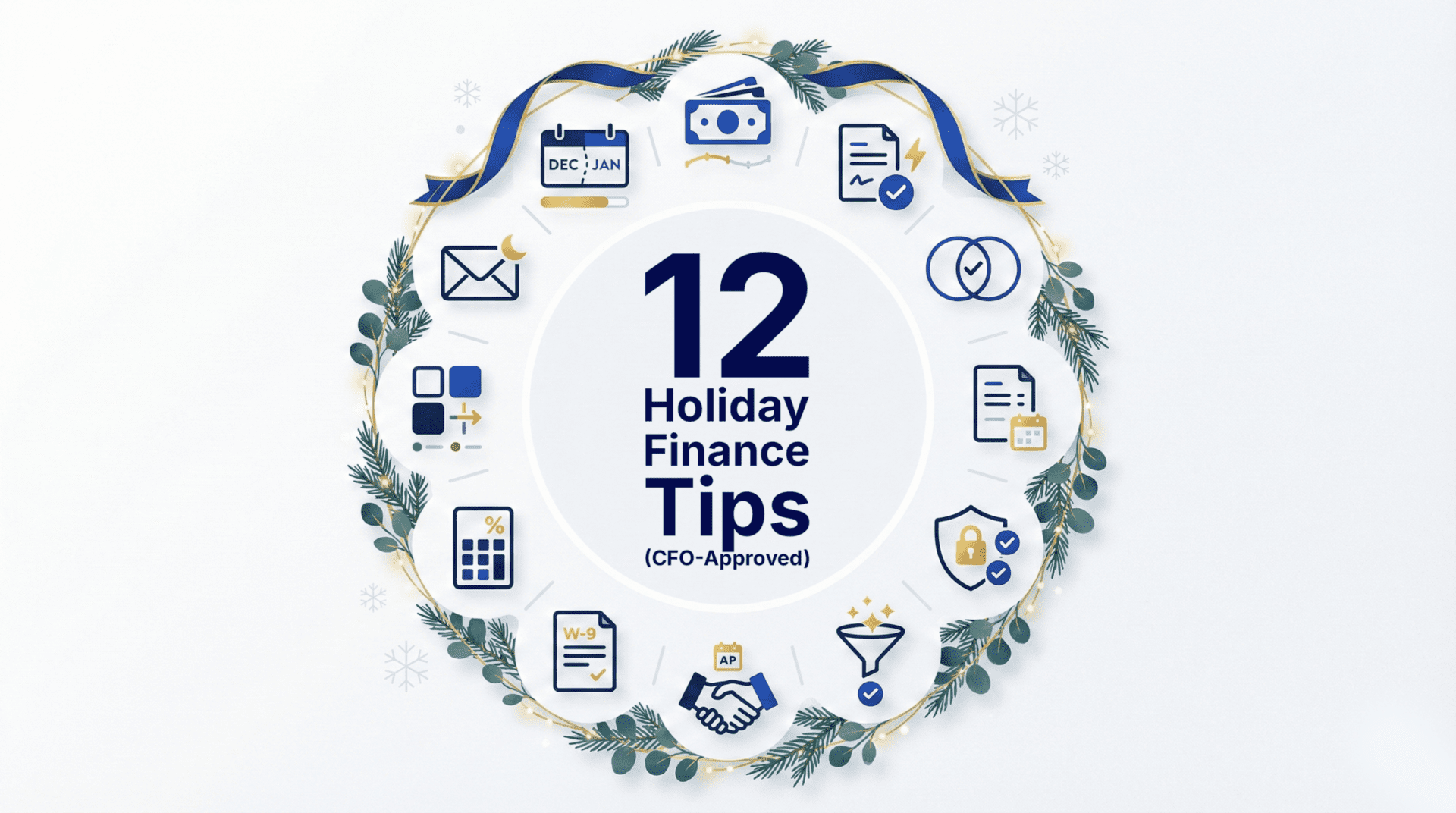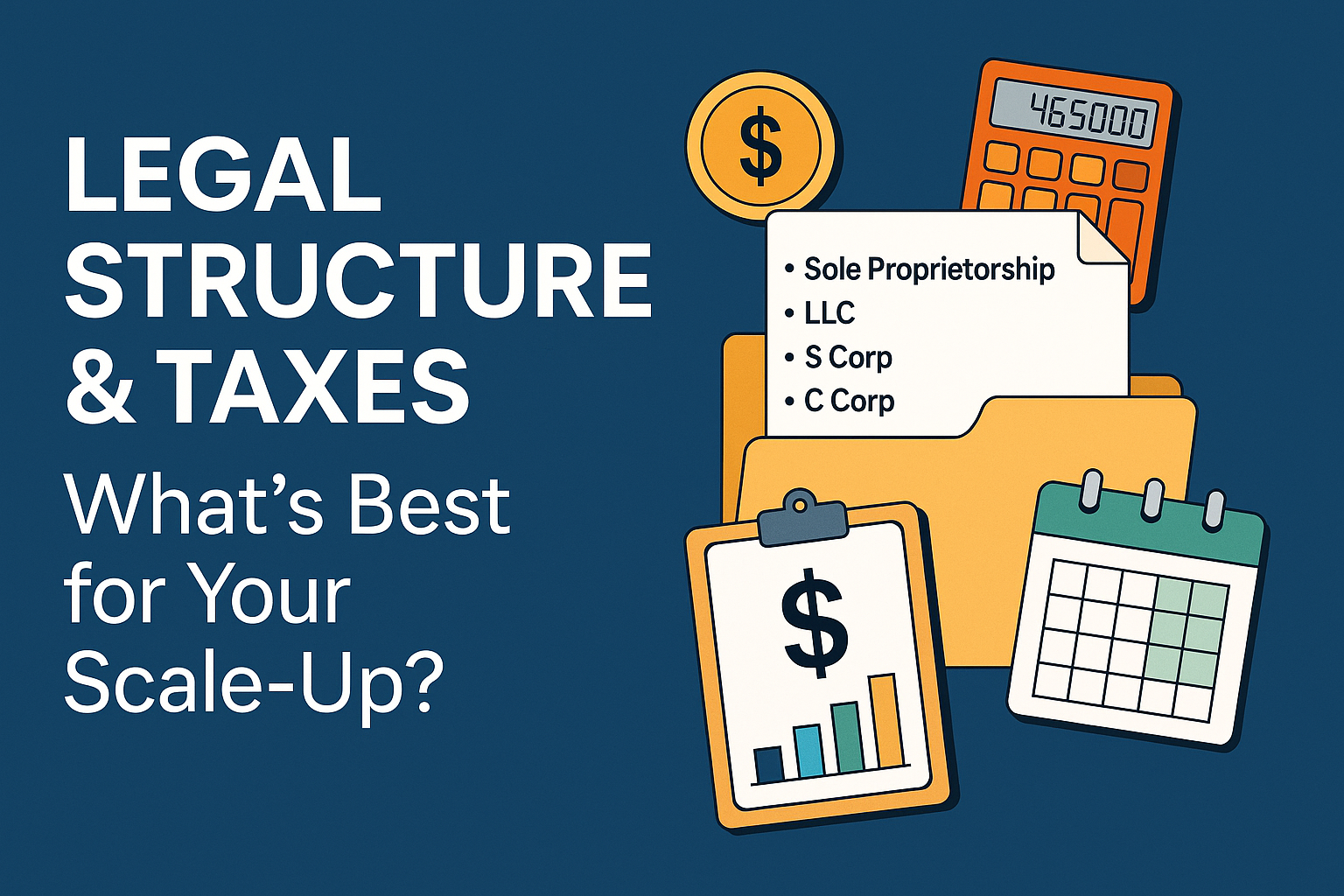
Every entrepreneur aims to build a business that will generate lasting wealth they can live by. Many of our clients are interested in building a real estate portfolio for cash flow, tax benefits, and appreciation. Taking your first step in building your real estate portfolio is exciting and daunting. We get many questions about the best way to invest your hard-earned profit into real estate.
This article will explain the tax savings from owning real estate, why you should NOT buy rental real estate in your business, and what the ideal structure is to maximize your tax savings.
Tax benefits for owning real estate
One significant advantage of adding rental real estate to your portfolio is the tax benefits you receive for owning real estate. You receive cash when you rent out a property either as a long-term rental or short-term via Airbnb. This cash payment should be reported as taxable income on your tax return. However, you can also deduct expenses you pay for to own your rental property like:
- depreciation expense
- mortgage interest expense
- real property taxes
- repairs and maintenance
- management fees
- cleaning fees
- landscaping
These items all lower your reported taxable income from your rental. So even if you are generating free cash flow from your rental, you might not have to pay any taxes on that income as it’s earned. This makes real estate a desirable investment for tax purposes.
Can I deduct my down payment and mortgage payments?
Let’s say you’re eyeing a $250,000 rental property in Missouri for a rental investment. You have $50,000 in cash that you can use for a down payment, plus you need to pay closing costs of $2,000. You have to borrow $200,000 at a 3.25% fixed interest rate over 30 years.
If you pay $52,000 for the property and borrow the rest, you can NOT take a deduction for that down payment. The way the tax rules work, you have a tax basis in your investment of $252,000 and principal debt of $200,000.
If the land is worth $50,000 and the building is worth $200,000, you can depreciate your $200,000 building over 27.5 years against your rental income. Land is never depreciable. You can claim a $7,272 of depreciation expense in your first year. Note that you cannot claim any more depreciation once the property is fully depreciated after 27.5 years.
You can also deduct your annual mortgage interest payments (NOT repayments of your principal) of $6,500. If you rent your property for $1,200 per month, you’ll wipe out most of your rental income from taxation with combined depreciation and mortgage interest deductions!
Selling or exchanging your property in the future
One downside to claiming depreciation deductions is that the total depreciation you claim will lower the tax basis of your property. If you sell your property in the future, the depreciation you claimed will be recaptured as ordinary gain on your taxes in the year of sale. Any excess proceeds will be treated as a capital gain – either long-term or short-term depending on how long you owned the property.
A section 1031 exchange
If you decide to exchange a property for another in the future, you might benefit from a well-known provision in the Tax Code called a Section 1031 exchange. A Section 1031 exchange allows you to trade one piece of real estate for another without triggering a taxable gain on the exchange. If you continue to trade up, you can perpetually defer taxes by trading up, preserving valuable capital for investing in other properties!
Rental loss limitations
If your deductions exceed your rental income, claiming depreciation and interest could create a taxable loss from your investment. You as an investor need to be wary of some key tax rules that limit your ability to claim losses against your business income.
Passive investments and claiming rental loss
First, rental property will likely be treated as a passive investment if you manage a business full-time while moonlighting as a real estate investor. Passive investments that generate passive losses cannot be deducted unless offset from passive income from other sources. So, you might need to combine taxable income from other income-generating properties to consume these losses. One exception is if you make less than $100,000 in adjusted gross income ($150,000 if married filing jointly), then you can claim up to $25,000 of passive rental losses.
If you don’t have any other passive income, fear not. These passive losses carry forward to future tax years indefinitely. If you sell or exchange your rental property, you can use your accumulated passive losses in that tax year.
Avoiding passive loss limitations by qualifying as a real estate professional
If you or your spouse spend more than 750 hours actively working in real estate as your trade or business, you might qualify as a real estate professional. This powerful designation allows you to deduct your net passive rental losses against your active income. It requires a considerable time commitment from either you or your spouse. Admittedly, most of our clients are entrepreneurs first and real estate investors second, so they won’t qualify.
To claim this coveted status, you must maintain meticulous contemporaneous records of every hour you spend working in real estate.
Accelerate depreciation with a cost segregation study
If you do qualify as a real estate professional, consider looking into a cost segregation study for your property. Currently, residential real estate is depreciated over 27.5 years which is a very long time to claim tax benefits. One commonly recommended strategy is to pay for a cost segregation study in order to separate your building into components that can be depreciated over 5, 7, or 15 years instead of 27.5 years. Those components may also be eligible for bonus depreciation which is 100% in the first year! This could be a massive boon for real estate professionals who can offset their business income with big depreciation upfront.
Who prepares a cost segregation study?
A cost segregation must be performed by a separate professional who will assess the building’s structure and components and come up with an appropriate breakdown. The study must be done before you claim depreciation on your building in the first tax year. Otherwise, you will run complex accounting method issues trying to change it in the future.
Should I buy real estate in my business like an S-corp or C-corp?
The number one question we get asked by budding real estate investors that are also entrepreneurs is if they should buy real estate in their S-corporation or C-corporation using their business profit.
The character of your rental income is very important to understand. Rental income does not generate income subject to self-employment tax, so buying real estate in your S-corp or C-corp will not yield any tax benefit. In fact, it could hurt you even more to purchase real estate in a C-corp because it will be subject to personal holding company taxes – an additional 20% tax on top of corporate taxes. You’ll be paying an outrageous tax rate on your rental income when you don’t need to.
In addition, S-corps and C-corps are easy to get property into, but hard to get property out. If you try and distribute or move property out of an S-corp or C-corp, you will trigger a phantom income tax on any unrealized gain on the property’s fair market value minus your tax basis in the property. In layman’s terms, you have to pony up on tax payments when you did not receive any of the income, which is called.
Don’t buy property in your S-corp or C-corp unless you fully understand the consequences. Remember that even if you have active income from a C-corp, you will not be able to offset your passive rental losses against it. There really is no benefit to doing this for most real estate investors.
How do I set up a rental property in an LLC?
Unless you are a sophisticated investor, you will need to buy the property and take on a mortgage under your personal name. If you want to shield yourself from liability, a combination of good insurance and an LLC can protect you if someone sues your rental operation. Now, you can’t just “use” an LLC without inserting the property and liability into the company first.
The LLC will be treated as a disregarded entity for income tax purposes. This means your rental income and deductions will be reported directly on your personal income tax return – no different than if you owned it directly.
Reporting rental real estate on your taxes
When it comes to tax time, your CPA or EA will need a few key ingredients to make sure they report all your rental income and deductions correctly:
- miscellaneous property details like the address, number of days rented and available for rent
- your investor status as a real estate professional if applicable
- settlement documents showing the total purchase price, funding date, source of funds, and all the expenses like title, insurance, prorated taxes, interest, etc.
- appraisal report to determine the allocation between land and building for depreciation
- itemized income statement for your rental showing all income and expenses
If you get all this information to your accountant, they should be able to take the reigns and report everything correctly on your return.
I want real estate benefits, but not the headache
One alternative to investing in real estate on your own is to partner up with other likeminded investors and pool funds to diversify your portfolio. You may need to set up a separate multi-member LLC in order to divide up your ownership and make sure all the partners know what they are agreeing to.
Some professional real estate managers will do all the heavy lifting for you by creating a real estate fund. You can invest the minimum as a limited partner and receive a share of the profits without having to manage it yourself. In exchange, the manager will receive either a management fee or a percentage of the profits often called “carried interest” for doing all of the work.
In both cases, the partnership will have to prepare a partnership tax return showing the operation’s income and loss. They will provide you a Schedule K-1 showing your share of taxable income or loss to report on your personal income tax return.
This all sounds too confusing…
If this all sounds too complicated, CleverProfits helps our CFO clients navigate the tax world, including how to best invest in real estate. Schedule a consultation with an advisor today.
The Clever Writing Team
The CleverProfits writing team includes various team members in Advisory, Financial Strategy, Tax, and Leadership. Our goal is to provide relevant and easy-to-understand financial content to help founders and business leaders reach their true potential.






